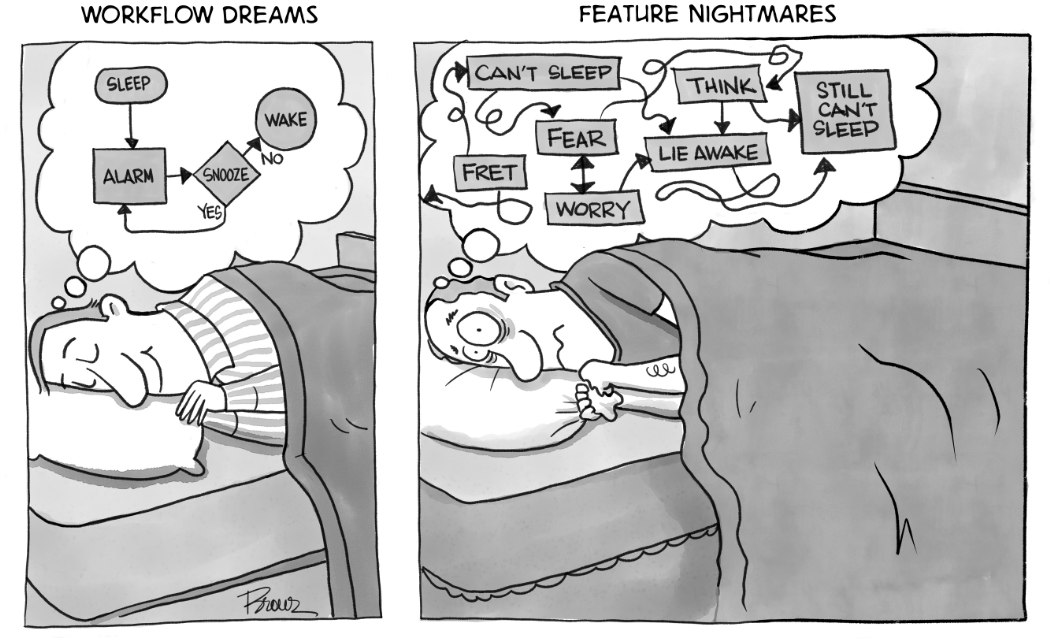The butterfly's metamorphosis is a powerful metaphor for Business Transformation. I wonder if children (let alone adults) even know where butterflies come from?
In Business Transformation, we talk about results as foregone conclusions. They magically happen because we hire a Digital Transformation officer and publish internal blogs and customer newsletters talking about transformation. The reality is that few organizations are willing to do the hard work of internal disruption that’s needed to change the outside world.
Construction requires destruction. Transformation can be, and often is, a violent process. What once was, must now be destroyed to create the new. To become a butterfly, a caterpillar actually eats its own egg.
But most organizations need to be more honest about the radical internal disruption necessary if they want to become external change agents. High impact and audacious results don't happen with incremental change or linear investments. Mark Zuckerberg's famous mantra, "Move fast and break things," applied as much to Facebook's internal products and processes as anything outside the company.
I had a recent experience with a founder/CTO at a high-growth technology company that still haunts me. They have an innovative product in a market we know well. New investors are encouraging (pressuring) them to grow faster and do more. Copycats are already emerging with me-too offerings. This is creating pricing, feature and customer experience pressures. Large industry incumbents could quickly move into this adjacent segment with a simple decision during a Monday morning staff meeting.
Despite their success, parts of their technology stack are dated - like 11 years old dated. They struggle to move beyond feature silos to workflows. They need to drive data and events into their customers' application ecosystems. But they need to make internal product and process changes to do this.
With the solution sitting right in front of them, they admitted they just didn't know how to make the changes without disrupting the status quo. No change is free. Progress has a price. Like many companies, they have temporarily avoided eating their own egg, but also made it easier to leapfrog their offering.
We talk about disrupting entire market categories but we aren’t willing to face the changes we need to make internally first. It may involve eating the egg you were hatched from. But that's the price of progress. Disruption requires disruption, and it starts internally. It starts today.

